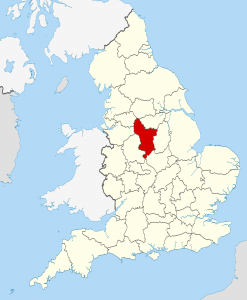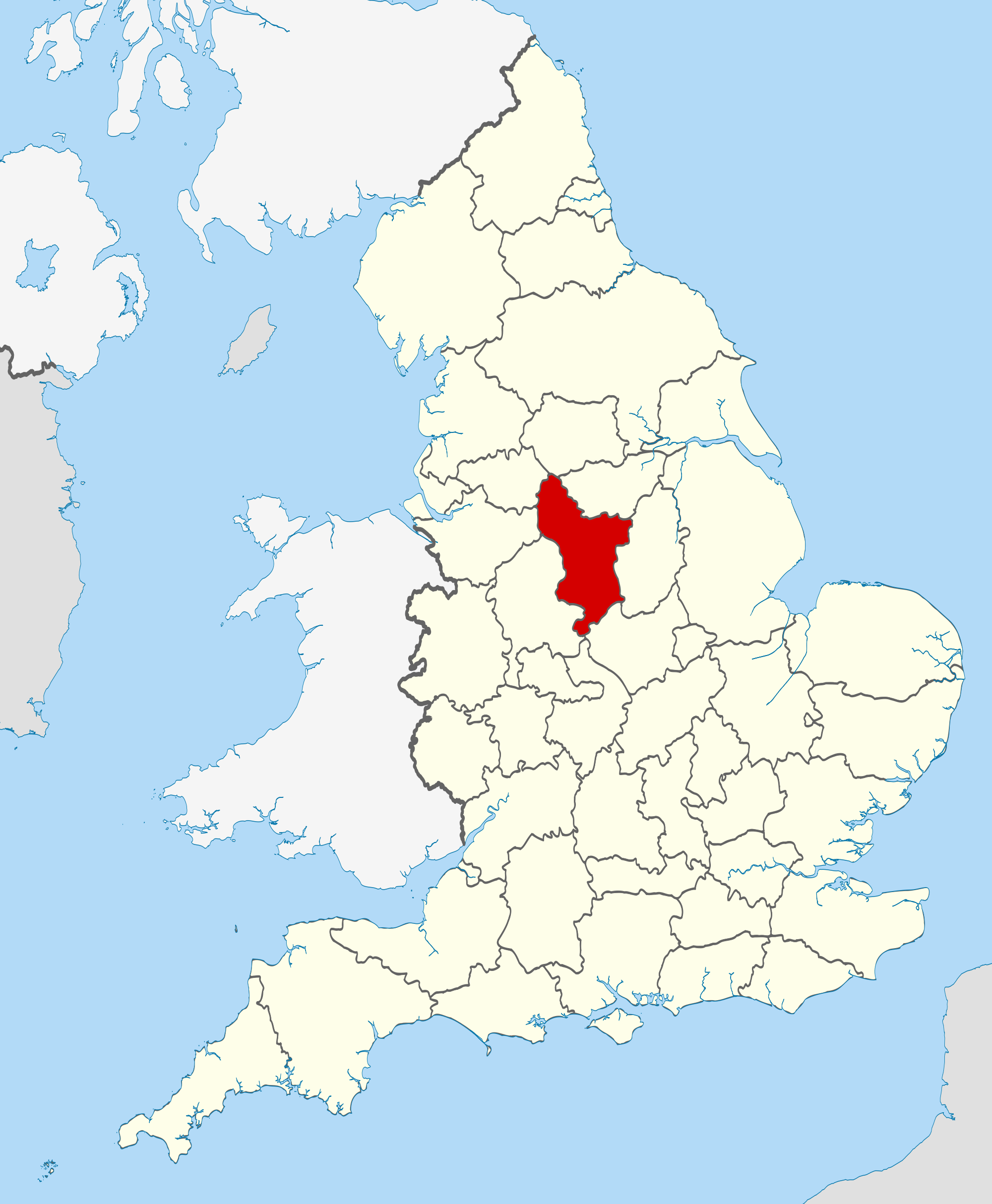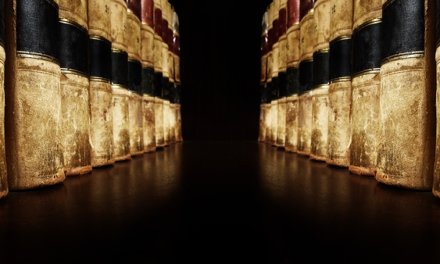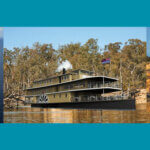 Findmypast, one of the mega-players in online genealogy, continue with their Findmypast Fridays – the day they announce all the new records that they’ve added during the past week.
Findmypast, one of the mega-players in online genealogy, continue with their Findmypast Fridays – the day they announce all the new records that they’ve added during the past week.
The topic today is Derbyshire. This county is in the East Midlands of England, and has a history that dates back thousands of years. Derbyshire is the latest county to get a huge update of records on Findmypast,
Last week Findmypast added on Derbyshire baptism, marriage and burial records – almost two million of them in fact. Covering the period from 1538-1910, if you have Derbyshire ancestry be sure to check these out. Note, they are transcriptions only, not images of the original records.
Derbyshire Baptism Index 1538-1910
The Derbyshire Baptism Index 1538-1910 contains over 692,000 records taken from Church of England Parish registers. Each record contains a transcript of original materials. The amount of information can vary but most records will list the individual’s name, date of baptism, parish and the names of their parents.
Derbyshire Marriage Index 1538-1910
The Derbyshire Marriage Index 1538-1910 contains over 775,000 records taken from Church of England Parish registers. Before Civil Registration began in 1837 key events in a person’s life were typically records by the Church rather than the State. Starting in the sixteenth century, parish records are some of the longest running records available. Among the records is the marriage of Erasmus Darwin to Elizabeth Pole in the parish of Radbourne on 6 March 1781. Both bride and groom are listed as widowed. Erasmus Darwin was the grandfather of Charles Darwin. Each record contains a transcript of original records. The amount of information can vary but records will usually list the couple’s names, the date of their wedding and the parish in which they were married.
Derbyshire Burials Index 1538-1910
The Derbyshire Burial Index 1538-1910 contains over 519,000 records. Derbyshire has been a site of human habitation since the Stone Age. During the Industrial Revolution, water mills made use of the fast flowing rivers and brought workers flooding to the county town of Derby. Derbyshire has been said to be the home of the Industrial Revolution and part of the Derwent Valley has been given World Heritage status in acknowledgement of this historic importance. The amount of information may vary but records will usually list the deceased’s name, birth year, burial year and burial place.
To view these records you will need a FIndmypast UK or World subscription.











